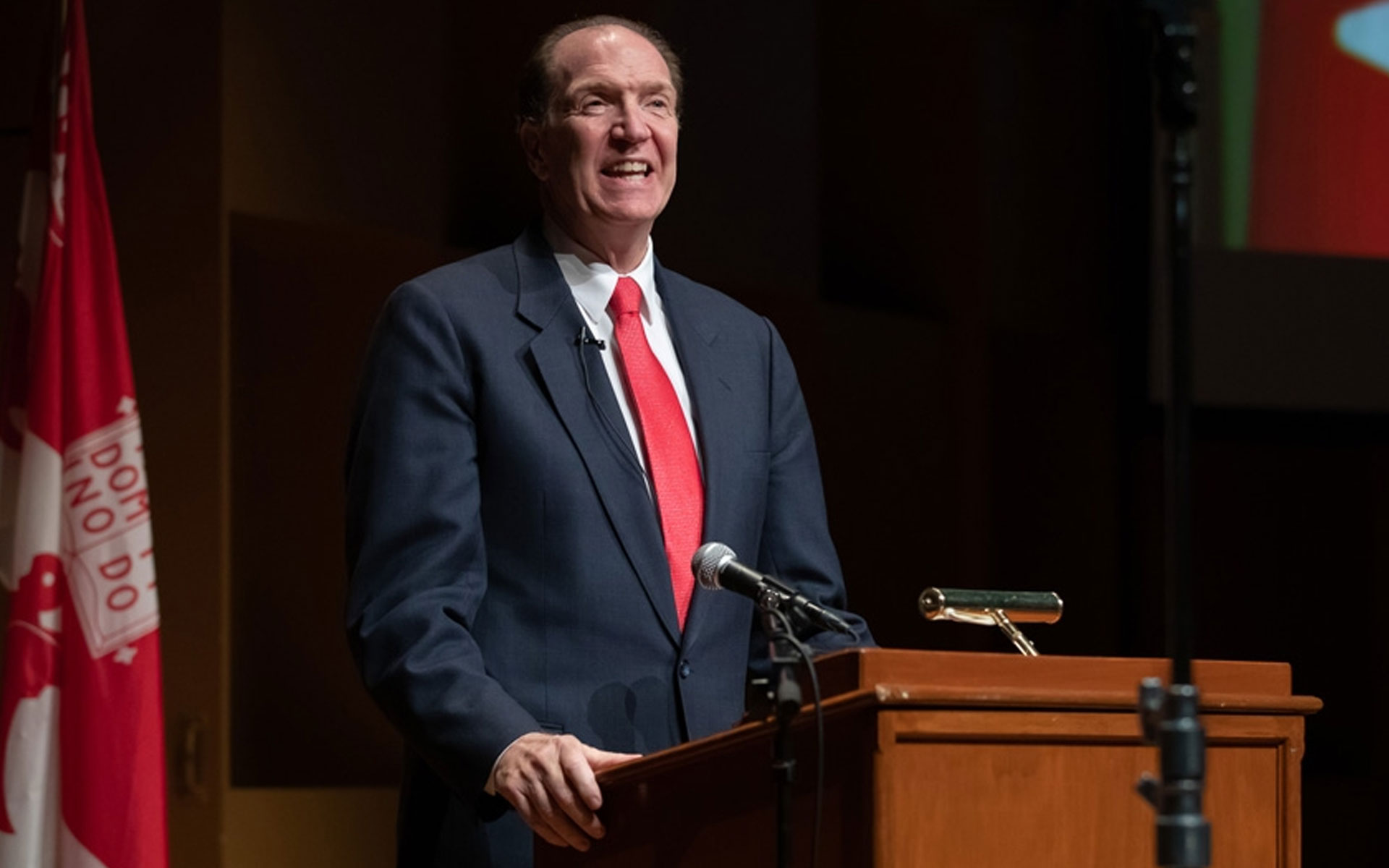Subscribe:
Conventional wisdom tells us to suppress our emotions when making strategic organizational decisions. But Quy Huy, Professor of Strategy at INSEAD, thinks that’s a mistake. Tapping into emotions – our own and other people’s – is a fundamental part of competent leadership and the success of an organization.
Most organizational leaders fundamentally misunderstand the role of emotions at work, Huy explained in an interview on the Delve podcast. They consider it an individualistic phenomenon, where one person’s feelings have little or no bearing on the emotions of another. But this is far from the truth.
“In an organization and society, it’s not personal emotions that drive actions – it’s collective emotion,” said Huy.
At one level, a single person’s feelings are often symptomatic of a wider trend in the organization. If everyone shares the same discomfort about a company’s new direction, they may collectively resist the change.
At another level, emotions often spread from person to person. An employee might feel good about their year-end bonus. But, when they learn someone else earned a bigger paycheck for less work, that feeling can quickly turn into anger or resentment. When this happens to enough people, a general sense of mistrust, dissatisfaction, and resistance can take over – hampering any attempt to move the organization in a new direction.
Leaders miss these trends due to emotional blindness, Huy explains. C-level executives, most of whom continue to be men, suppress their own emotions in favour of “rational” decision-making. This blinds them not only to their own feelings, but also to the feelings of their subordinates. Doing so is harmful to the progress of their organizations and, on a personal level, to their own mental health and well-being.
It’s common for leaders to experience immense pressure to succeed, explained Huy. And they often respond to the stress by isolating themselves and adopting a tough, cool, and unemotional façade.
Over the course of his research, Huy had the chance to ask top executives about how they were coping. In these moments, the mask would come down – often for the first time.
“I was astounded by some of them cracking in tears in front of me,” he said. “I saw a private life of executives carrying out strategic change.”
Huy attributes this response to a culture of machoism at the higher echelons of organizations. There’s an implicit expectation that leaders should not let emotions interfere with their work, even if that means bottling up the stress.
This phenomenon is not isolated to male leaders, either. Some women who hold top-level jobs adopt a similarly aloof management style, said Huy.
“The fact that we have more women at the top does not mean that emotions will be accepted,” he said. Some had to prove themselves by showing they’re tougher than the men in their circles.
To navigate organizational change more effectively, C-level executives must not be afraid of emotions. Employees seek authenticity, charisma, and honesty from their leaders – in addition to strength and stability, said Huy.
A leader who is aware of their emotions can connect more authentically with their employees. Doing so can help build trust in an organization and keep everyone pulling in the same direction.
This article was written by Eric Dicaire. This episode of the Delve podcast was hosted by Saku Mantere, and mixed by Eric Dicaire. Original music is by Saku Mantere.
Delve is the official thought leadership platform of McGill University’s Desautels Faculty of Management. Subscribe to the Delve podcast on all major podcast platforms, including Apple podcasts and Spotify, and follow Delve on LinkedIn, Facebook, Twitter, Instagram, and YouTube.














